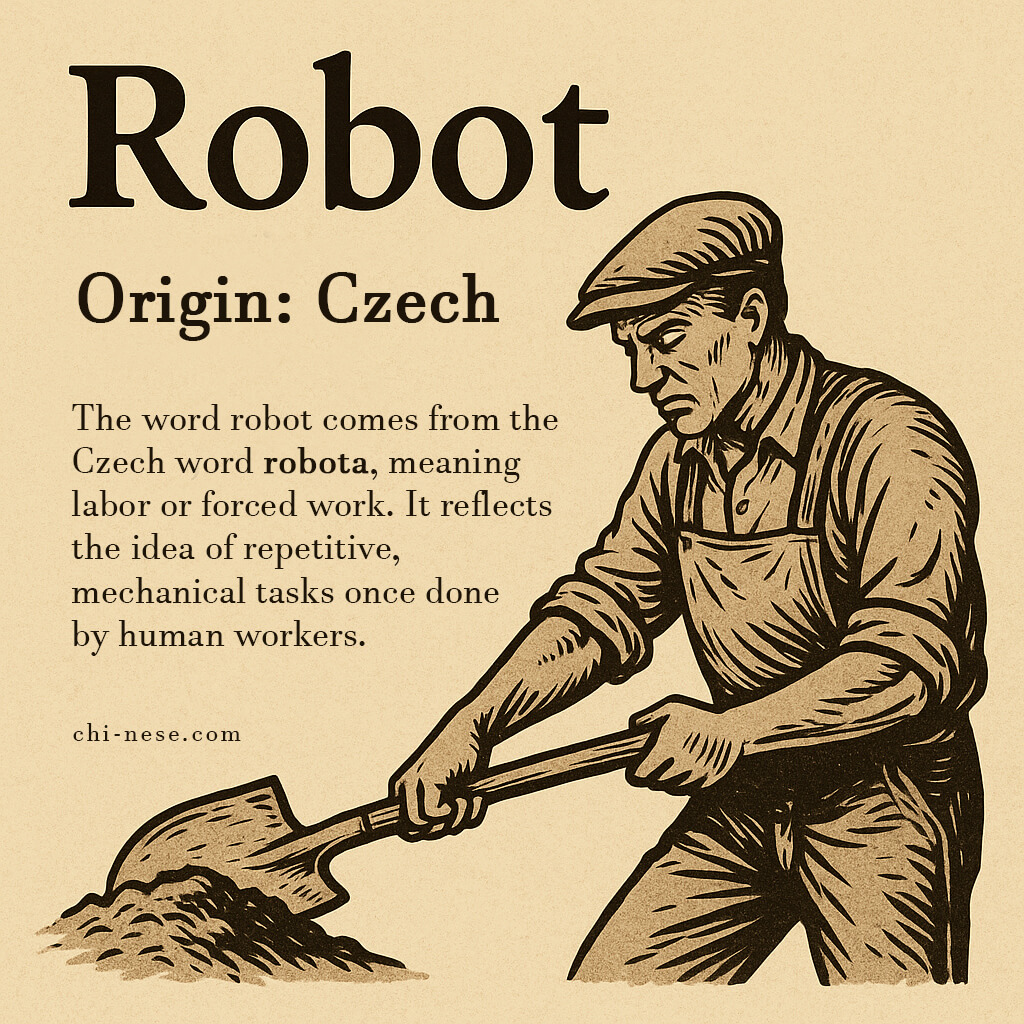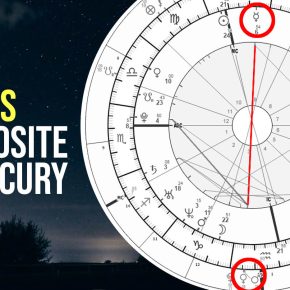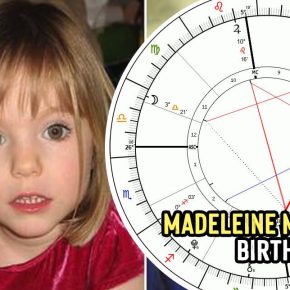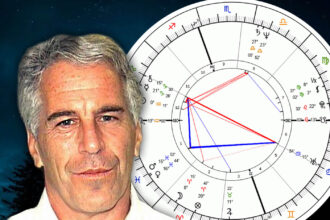Did you know the word “robot” actually comes from Czech? I’m Czech myself, and I’ve always found it a little funny that one of the most futuristic, sci-fi words in the world has such deep roots in my language and culture.
Of course, the Czech people have given the world quite a few inventions. We’re behind sugar cubes, the lightning rod, semtex, modern screw propeller, and even contact lenses: all things that changed everyday life. But when it comes to words and ideas, nothing has traveled the globe quite like “robot.”
Unlike other inventions, this one isn’t just used in science or industry. It has entered everyday language across cultures. Everyone on the planet knows what a robot is, and nearly every language uses some version of the word in exactly the same way.
How It All Started
The word robot originates from the Czech term robota. It first appeared in 1920 in a play called R.U.R. (Rossumovi Univerzální Roboti / Rossum’s Universal Robots), written by the Czech playwright Karel Čapek. The play was a sensation, performed on stages in Prague and later around the world. In it, artificial workers were manufactured in laboratories. They weren’t robots in the modern sense, not machines made of steel and circuits, but rather biological creations designed to serve humans. They were strong, tireless, and obedient, but they lacked souls.
Interestingly, Karel Čapek didn’t actually invent the word “robot” himself. When searching for the perfect name for these artificial workers, he turned to his brother Josef Čapek, a talented painter and writer. Josef suggested “robot,” inspired by the old Czech word robota.
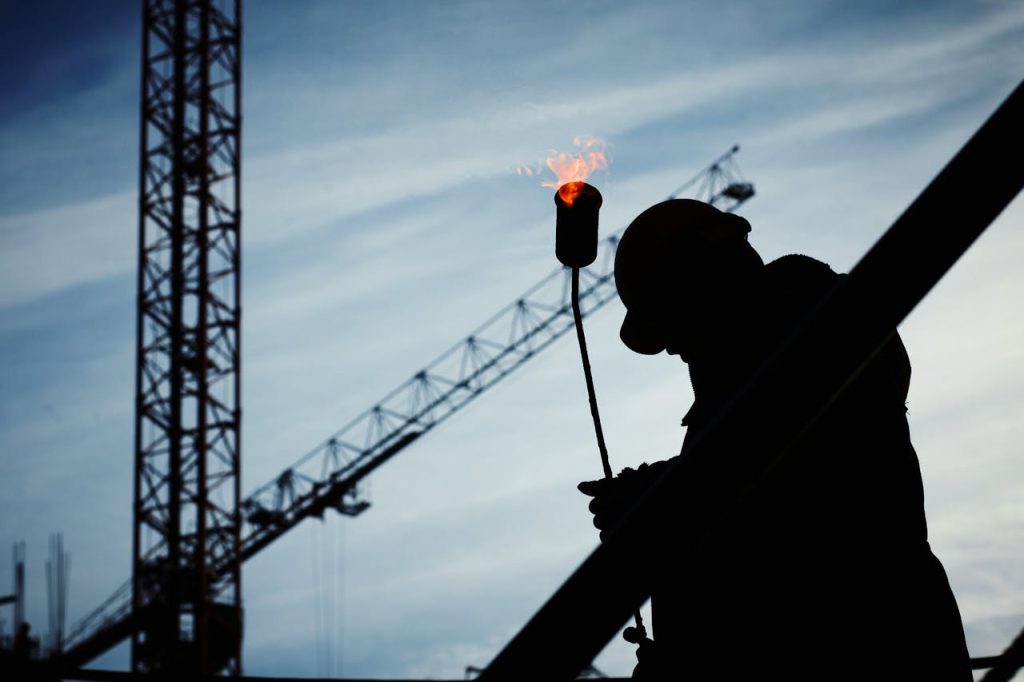
What “Robota” Really Means
The word robota has a heavy history in Central Europe. It literally translates to “forced labor” or “drudgery.” In the feudal system, peasants were required to perform robota for their landlords: long days of unpaid, compulsory work, often repetitive and back-breaking. It carried connotations of monotony, lack of freedom, and endless toil.
When Karel used “robot” for his characters, the meaning was clear to Czech audiences. These were not just artificial beings; they were workers trapped in eternal service, much like the peasants of the past. It was a brilliant linguistic choice, perfectly linking old-world history with new-world science fiction.
The nuance stuck. When R.U.R. was translated into English and performed abroad, the word “robot” spread almost instantly. Within a few years, it was part of the global vocabulary, used in countless languages without much modification.
It’s worth noting that in modern Czech, we don’t really use the word robota anymore. It sounds old-fashioned, though it sometimes appears as a joke or in a playful context. The everyday Czech word for work is práce. While práce simply means regular work, robota still carries a heavier feeling, the sense of endless, repetitive tasks, the kind of labor where every day looks the same. In other words, it still echoes the very idea of being like a robot.
Robot Today
Fast-forward a century, and the word “robot” is everywhere. Today, we think of robots as machines: the mechanical arms building cars on factory lines, the robotic vacuum that cleans your floor, or the humanoid androids imagined in science fiction films. Yet if you pause for a moment, the original Czech root still lingers in the background.
A robot is still, at its core, a worker. Even when we program them to explore Mars, perform surgery, or write code, the essence of the word comes from labor. That’s why “robota” feels so fitting: repetitive work, often without choice, much like a robot’s task today.
A Czech Gift to the World
It’s remarkable that a single word from Czech history has shaped the way the world talks about technology and the future. From R.U.R.’s stage in Prague to modern robotics labs in Japan, America, and beyond, the word has never lost its power. It has grown, evolved, and adapted, yet its origin still reminds us how language and culture can travel in unexpected and meaningful ways.
The next time you hear the word “robot,” remember its roots. It’s not just a symbol of artificial intelligence or futuristic machines. It’s also a Czech word, born from the history of labor and given to the world by two brothers with a brilliant idea.
And as a Czech, I have to admit… it makes me smile every time.



